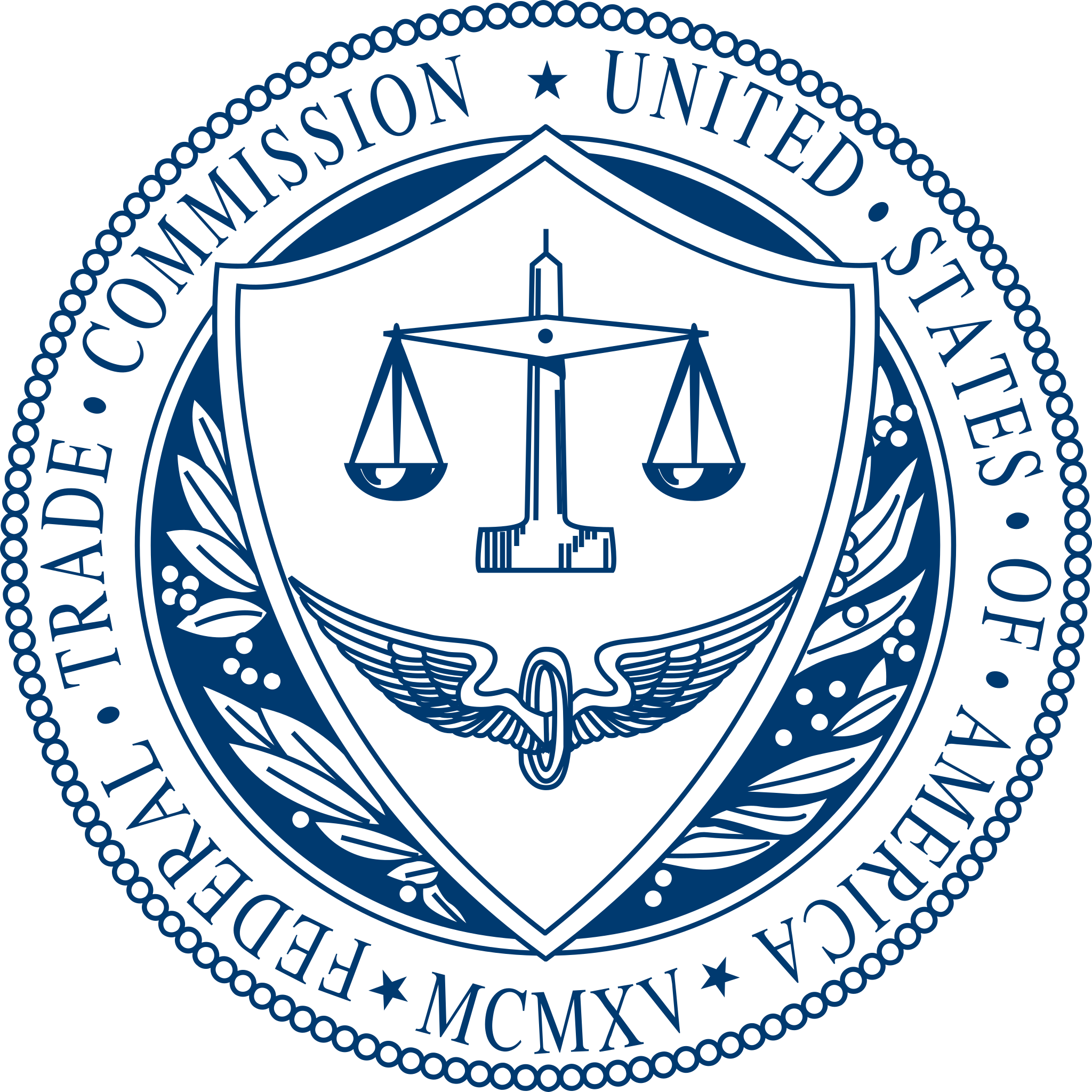
As radio continues to incorporate more digital audio into the industry, the Federal Trade Commission is calling for stricter guidelines to protect children from “blurred advertising” in digital media. A recent staff paper from the agency stresses the need for a clear demarcation between advertising and other types of content like entertainment and education.
The paper is a follow-up to the FTC’s October 2022 workshop, Protecting Kids from Stealth Advertising in Digital Media, which examined how indistinct advertising affects children’s ability to discern between ads and genuine content. The recent workshop discussed several studies showing that young consumers often lack the cognitive skills to identify and critically evaluate such advertising. This could lead to various types of harm, including deception and financial loss.
While ads on traditional radio are typically very easy to identify, as the industry embraces more digital and interactive formats, especially those accessible to children, there may be increased scrutiny to ensure that ads are clearly marked and distinguishable from entertainment or educational segments.
If radio adopts more native advertising or sponsored content in shows targeting younger audiences, it might come under similar FTC regulations. This could require radio stations to adopt new disclosure mechanisms or visual/audible cues to indicate advertisements.
Just as digital platforms can be held liable for deceptive advertising practices, radio stations that do not clearly distinguish between content and advertising might face legal repercussions. This also includes collaboration with social media influencers for promotional activities. The FTC’s guidelines could affect how these partnerships are executed, particularly when the audience includes children.
The paper also notes that platforms should consider adopting policies and tools to help content creators identify advertising content and provide parental controls. Importantly, companies engaging in blurred advertising could be held liable under the FTC Act for deceptive or unfair conduct towards children.
FTC’s Bureau of Consumer Protection Director Samuel Levine emphasized, “We now live in a world where kids spend many hours a day online, often in immersive environments where advertising and content are deliberately difficult to distinguish. The serious concerns highlighted through our workshop make clear that the best way to protect children from the harms of blurred advertising is to not blur advertising.”
The Commission unanimously approved the staff’s recommendations.









